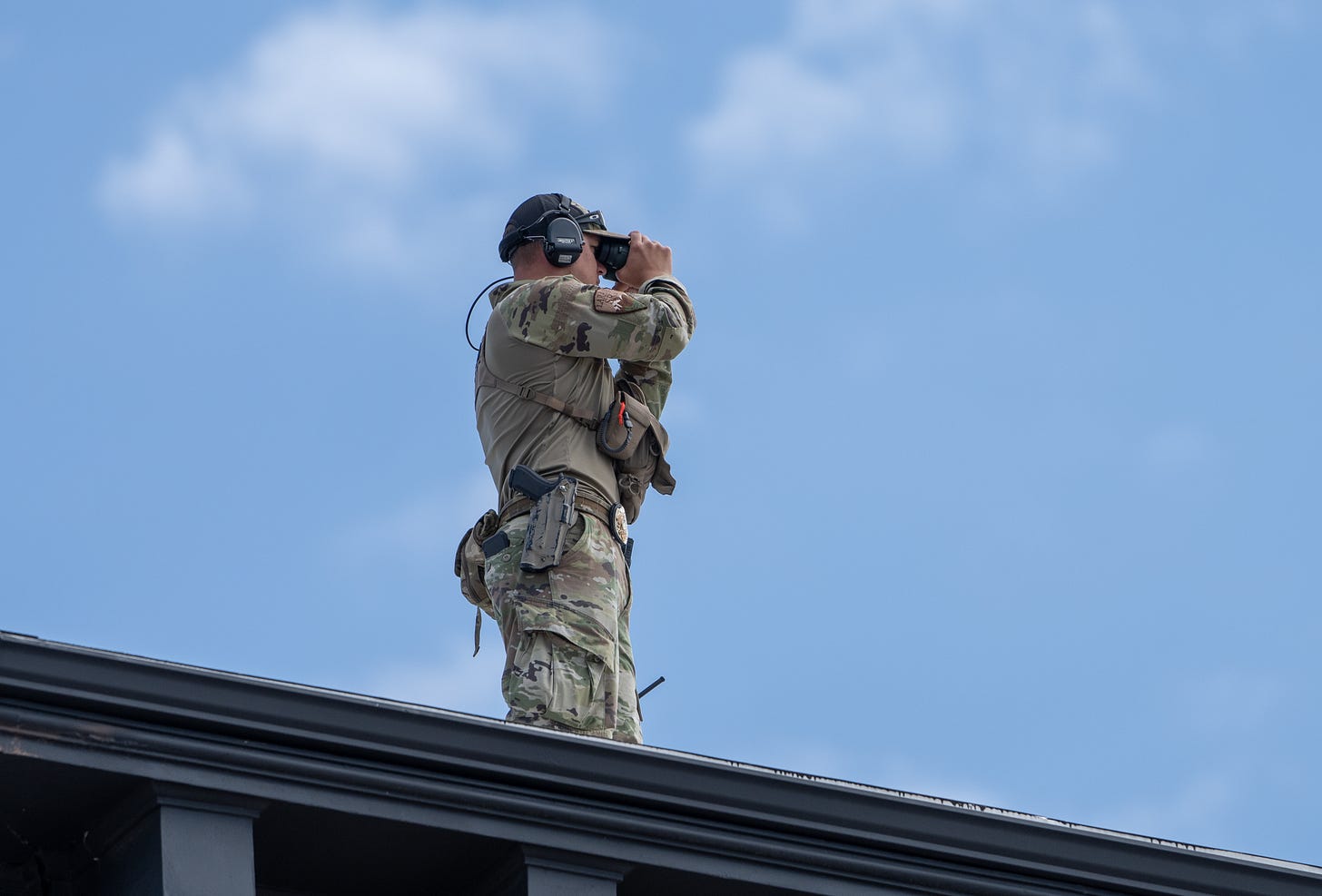City of Laramie seeks local civilians to serve on new police board
Five civilians will serve on the Laramie Police Advisory Board, reviewing Laramie Police Department policy and giving feedback to the chief. Applications are now open.
Local city and even county residents can now apply for a seat on the city of Laramie’s new Police Advisory Board.
Board members will take part in police training, accompany police on ride-alongs and meet at least six times a year to advise Laramie Police Chief Brian Browne on his department’s various policies and procedures.
The board will not have any oversight powers, nor will it have the ability to hire or fire personnel, set policy, or review materials related to individual use-of-force incidents. Instead, the board is intended to provide the chief with community feedback about his department’s policies, and to serve as a conduit to the community through which the chief can explain why the police do what they do.

The board will interact solely with the Laramie Police Department and does not affect the Albany County Sheriff’s Office or the University of Wyoming Police Department.
The city has opened an online portal for prospective candidates to apply. Any civilian resident of the county is welcome to apply, though preference will be given to those residing within Laramie city limits. Councilors have also discussed prioritizing diversity on the board and hope to include at least one member with a history of incarceration.
Applicants should be prepared to have their records searched.
“The Police Chief shall obtain a criminal history of all applicants for membership on the board and advise the City Council of any convictions for violations of federal, state or local law,” the recently approved board bylaws state. Originally the bylaws tasked the chief with pulling a complete background check for each applicant, but councilors amended the bylaws to require just a record of “criminal history.”
The chief will also give an annual report to the board detailing statistics for police shootings, use-of-force incidents and complaints filed about the LPD.
The five-member board will meet at least six times a year, though any two members — with the approval of the city manager — may call a special meeting. Meetings will be open to the public and advertised at least one week in advance. Members will serve staggered three-year terms.
Board members will also be expected to complete a police training course in the first 90 days following their appointment. From the bylaws:
To promote fluency in the Department’s policies and protocols and the ability of board appointees to responsibly perform their duties, all Board members shall complete training consisting of:
1. Scenario-based virtual training;
2. An overview of the Department’s organization, operation, equipment, weapons and Use of Force policies.
3. Participation in an initial 20-40 hour training program provided by the Laramie Police Department regarding police practices, operations and functions. Annually thereafter, participate in thirty (30) or more hours of training, including but not limited to: participation in a minimum of two ride-a-longs every year with a Laramie Police Department officer and training on police practices, operations and functions.
4. An overview of applicable law governing use of force, relevant state Statutes, Laramie Municipal Code and other City policies.
The board grew out of long-standing community discussions about the role of police as well as local pushes to make local law enforcement more transparent and accountable. In 2018, a sheriff’s deputy with a long history of violence shot and killed an unarmed man. The killing kicked off the first of several aggressive pushes for greater police accountability. In 2020, when the world marched for police reform in the wake of another police killing — the murder of George Floyd at the hands of the racist Minneapolis Police Department — demonstrators in Laramie forced the city council to consider police oversight measures.
The council’s subsequent efforts at research and development took years. Eventually a working group was formed to advise the council on its next steps. That group was plagued with difficulties but it came forward with several recommendations — including revamping mental health responses, launching a new complaint system, establishing a civilian oversight board and establishing an advisory board.
The oversight board was narrowly defeated following private communications between councilors later uncovered by the Laramie Reporter. Ultimately, the oversight proposal was rejected because a slim majority of councilors were convinced police would resign if the city established an oversight board.
The oversight board was crushed the same month Laramie Police Chief Dale Stalder learned one of his officers had bought a lifetime membership to the Oath Keepers, a far-right extremist group. The department did not inform the public about this connection until outed by a Casper Star-Tribune article six months later; the department’s public statements after that point were misleading about the extent and timeframe of the officer’s involvement with the extremist group.
The advisory board had better luck. It was ultimately supported by the police chief himself and by all nine city councilors, who voted unanimously to give the board a go, despite reservations on the part of some.
Applications will remain open until the board is staffed, but the first review date is scheduled for Sept. 1. Candidates can apply on the city’s dedicated webpage. More information about the board can be found in the Laramie Reporter’s earlier coverage.




When we call citizens "civilians," it is implied that police are "military." NOT! Yes, police and military have a similar rank structure and wear uniforms, but that is where the comparison must end. Police claim to serve and protect, the military is intended to kill and destroy enemies. The two must be kept separate, both for the community's safety and the mental health of the officers.
Could be interesting and productive